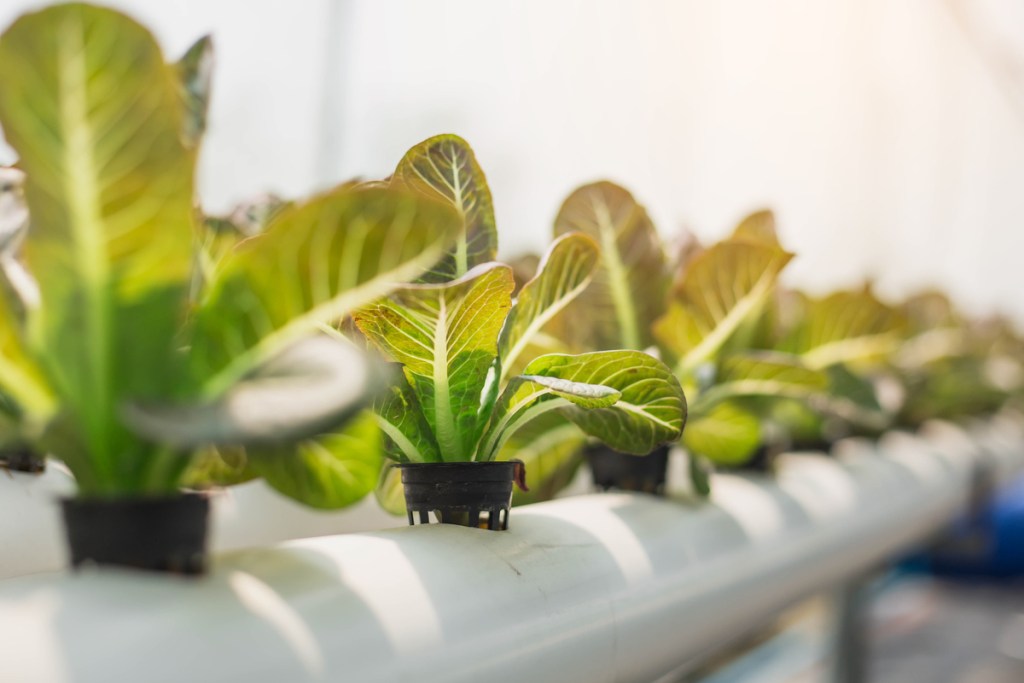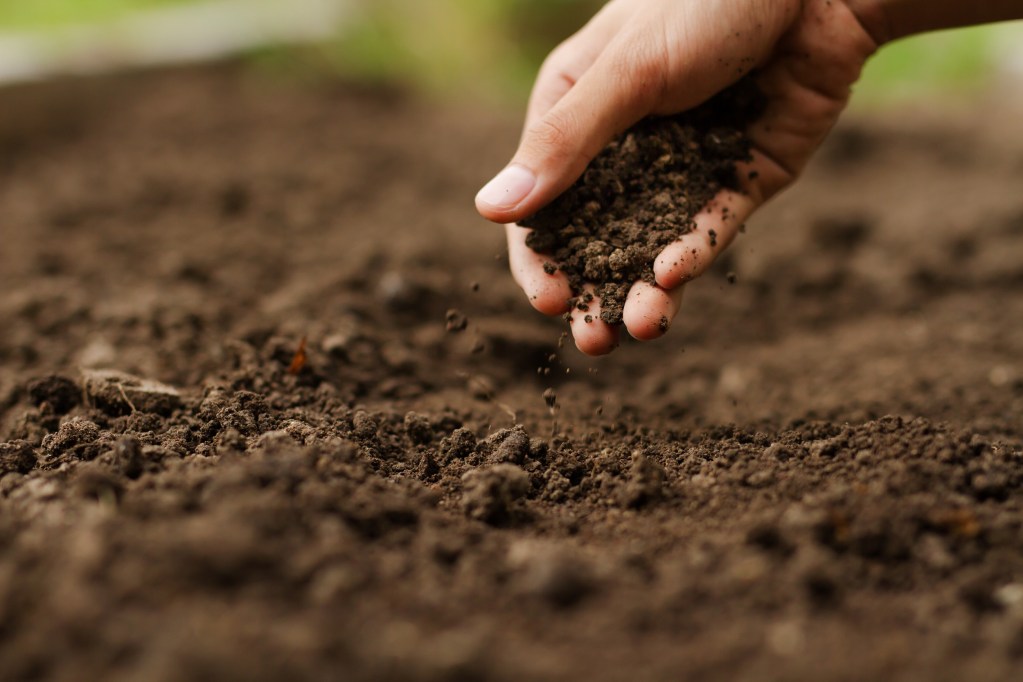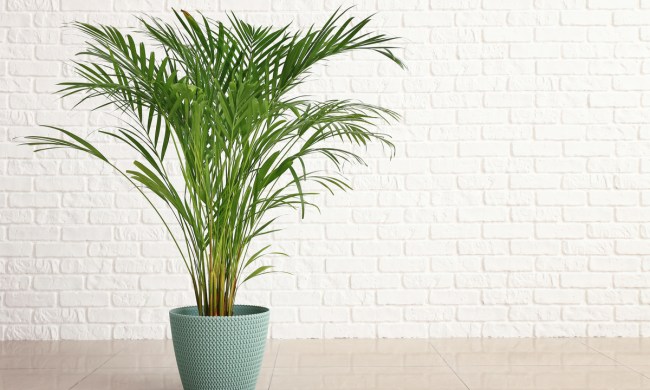Hydroponics is a form of gardening that requires no soil. Yes, you read that right: Hydroponics uses a solution of water and nutrients to grow plants. While it requires a little more technical know-how, it can save home gardeners a lot of work while yielding healthy plants. Let’s unpack the pros and cons of both hydroponic and soil gardening to determine which method is best for you.

Hydroponics
Plants grown hydroponically have support via an anchoring net pot and receive nutrients through an oxygenated water solution mixed with plant food. Hydroponic setups can vary widely. Some methods can be rudimentary, such as the wick system, while others, such as the aeroponic system, have a more complicated misting mechanism to nourish roots.
Benefit: Hydroponic gardening is low maintenance over time
The main benefit of hydroponics is that it is a low-maintenance option in the long run. Over time, a functional hydroponics system will require fewer resources and less labor. First off, you won’t need to deal with bugs and insecticides. Since hydroponics uses water, it doesn’t attract as many pests as soil. You also won’t have to invest time in removing weeds. In contrast, a typical garden bed is prone to developing weeds that compete for root space.
Hydroponics also uses less water. How can this be if water is the growing medium? While this system submerges plant roots into an aqueous solution, it can use as much as 10 times less water. Roots only take the water and nutrients they need, so this is a very efficient method that can yield healthy plants in shorter periods, too. With soil, most of the water gets absorbed into the growing medium and evaporated. And no, your plant won’t get root rot, since the outer cells of roots have expanded for oxygen storage. That said, it’s best to use cuttings as opposed to transferring a plant from dirt to avoid shock.
And finally, hydroponics is ideal for gardeners who live in small spaces. Soil, as a growing medium, takes up a lot of space as roots spread. Hydroponic containers keep plants contained and can be arranged vertically. Hydroponic vegetables include lettuce, peppers, and herbs — anything small and leafy will work well.
Cost: Hydroponic systems can be time-consuming and expensive
It can take time to get a hydroponic system to run smoothly. If you build your hydroponic system, you need a reservoir to hold the water, an aerating pump to give your plants oxygen, a water pump to move water into the plant, and a medium to hold the plants. There are also six hydroponic methods, so it may take a while before you find your ideal setup. Most hydroponic systems are best suited for small vegetables, as those with big roots may clog water flow.
Hydroponics can be expensive. A hydroponic starter kit can cost over $100 and up to $1,000. Even if you’re building it yourself, you need to invest in tanks and pumps. You also need to invest in fertilizer to feed your water solution plus materials to test if the pH is right. It may take time to figure out the optimal fertilizer amount and pH level — fertilizer burn is a common problem in hydroponically grown plants.

Soil
In conventional gardening, soil keeps a plant grounded against the elements and provides it with nutrients. It’s likely the growing medium you envision when you think of plants. By definition, soil is a mixture of minerals and organic matter. Garden soil is a combination of topsoil, compost, and other organic materials that you can use in garden beds. Potting mix soil might have perlite or vermiculite in it for more drainage in containers.
Benefit: Soil is accessible
The primary benefit of soil is how accessible it is. Garden and potting mixes are inexpensive, and you can usually find them at any nursery. Soil is also easy for novice gardeners to use since it isn’t as technical as hydroponics. With soil, all you need is water, fertilizer, and sunlight. While you might need a tool here or there, you won’t have to buy any technical parts. Ample soil is also best for root vegetables such as turnips and onions, where the roots spread out.
Many critters also hang around in soil. Not all creatures that enjoy dirt are harmful, though. Many actually benefit plants. Bees, for example, help with pollination. Earthworms are also useful as they live in dirt — they create holes in the soil that aerate roots and translate organic matter into fertilizing castings.
Cost: Soil gardening is labor-intensive
Soil gardening is more labor intensive than hydroponics over time. You’ll need to water, fertilize, and pull weeds consistently during the growing season. Cleanup is also something to consider, as dirt can get messy. Soil also requires more space, which people who live in small apartments may lack. Another drawback with soil is that it can invite gnats, mealybugs, aphids, and more that damage leaves. Waterlogged soil may also be a welcoming habitat for fungi that cause plant diseases. Taking care of pests and fungi will require time and energy.
If you’re a gardening novice or someone who enjoys working with dirt, then soil might be right for you. But if you’re a longtime soil gardener who wants to try something different, hydroponics is an exciting frontier. In the long run, it’ll save space, time, and labor, all the while yielding beautiful greenery and produce for you to enjoy and eat.



